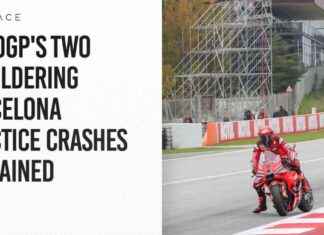The photo of Iga Swiatek, current patron of world tennis and three-time winner at Roland-Garros, intrigued. We see the Polish training with a plaster on the mouth. It’s mouth tapping, a technique also praised by influencers for its supposed sleep benefits, but decried by doctors for its dangers.
With almost 120 million cumulative views on TikTok today, the “mouth tapping” trend emerged in the summer of 2022 on social media. Concretely, it consists of taping your mouth before sleeping, so that you can only breathe through your nose.
On TikTok, influencers claim that this technique would allow more restful sleep and limit snoring. And it’s not over: also add lower anxiety, better looks and more daily energy. The miracle cure, in short.
The case of Iga Swiatek differs somewhat, since she practices it for her training. “It’s harder to breathe when you’re only breathing through your nose and my heart rate quickens more easily. I think it has something to do with improving my stamina…” she told L’Équipe. She’s not the only mouth tapping athlete.
Breathing through the nose is actually healthier, first of all thanks to the nose hairs, which filter dust, allergens and other particles. It has also been observed that breathing through the nose helps generate nitric oxide, which then travels to the lungs to help improve oxygen uptake capacity and blood pressure.
George Dallan, PhD in sports physiology at Colorado State University, compares mouth breathing to a car without an air filter (the nose being the filter and the lungs the engine). “You can argue that you get more power when you don’t restrict airflow into the engine, but any good mechanic will tell you not to run your car without this filter,” he says. in the Washington Post. Conversely, breathing through the mouth dries out the oral mucosa, weakening the enamel, which can facilitate infections but also cause bad breath.
Doctors, however, urge caution. Mouth tapping is strongly discouraged for people with nasal breathing problems or suffering from sleep apnea, as this may increase the risk of choking or more intense sleep apnea. Also remember that there are less violent ways to improve sleep, such as not sleeping on your back.







